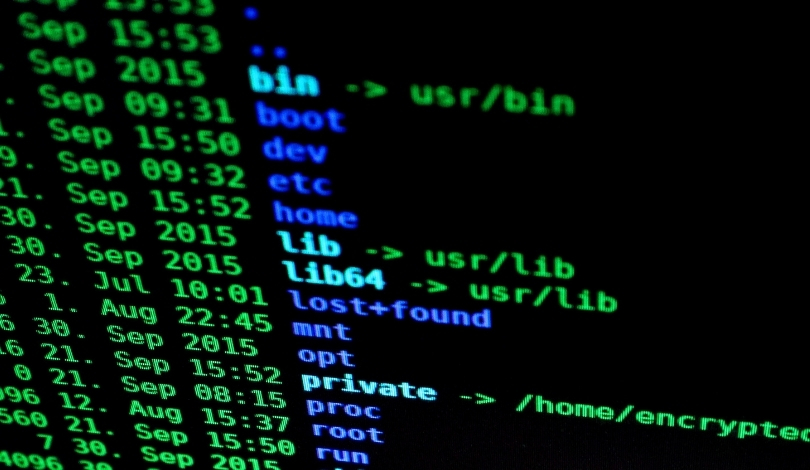U.S. intelligence agencies have accused Iran of attempts to infiltrate the Trump presidential campaign and spy on the Biden campaign. The Office of the Director of National Intelligence, FBI, and the Department of Homeland Security’s Cybersecurity and Infrastructure Security Agency jointly released a statement on Monday detailing these allegations. Reports from various cybersecurity companies have indicated that Iran’s operations include fake news campaigns and phishing attempts targeting high-ranking officials.
In past incidents, cybersecurity experts have consistently flagged Iran for cyber activities aimed at influencing the U.S. election process. Microsoft’s Threat Analysis Center was among the first to report these activities, linking them to the Trump campaign. Similarly, Google’s Threat Analysis Group identified hackers associated with Iran’s Islamic Revolutionary Guard Corps targeting both Trump and Biden campaigns. Despite the recurring nature of these allegations, no concrete evidence has been released to the public.
Claims and Counterclaims
The Iranian government has denied these allegations, calling the U.S. statement “unsubstantiated and devoid of any standing.” A spokesperson for Iran’s Permanent Mission to the United Nations stated, “As we have previously announced, the Islamic Republic of Iran harbors neither the intention nor the motive to interfere with the U.S. presidential election.” The spokesperson urged the U.S. government to provide evidence to support its claims.
Cybersecurity Companies’ Reports
Several cybersecurity firms have released reports detailing Iran-linked cyber activities. These reports describe various tactics employed by Iranian operatives, including phishing attempts and the dissemination of false information. Microsoft and Google have both identified Iranian actors targeting the U.S. presidential campaigns, contributing to the heightened concern expressed by the intelligence community.
The recent statement from U.S. intelligence agencies highlights Iran’s perceived strategic intent to disrupt U.S. political stability. They describe Iran as a “chaos agent” more interested in exploiting U.S. political and social tensions than pursuing a particular electoral outcome. The intelligence community believes this year’s elections are particularly consequential for Iran’s national security interests, driving Tehran’s efforts to shape the election’s outcome.
The latest accusation against Iran underscores ongoing concerns about foreign interference in U.S. elections. Despite the lack of public evidence linking Iran to the Trump campaign breach, the intelligence community’s statement marks the most authoritative claim yet. The statement adds urgency to the warnings about Iran’s influence operations, stressing the potential impact on U.S. foreign policy and national security.
The evolving narrative around Iran’s cyber activities illustrates the complex dynamics of election security. As new information emerges, it remains crucial to scrutinize the evidence and understand the broader implications for U.S. electoral integrity and international relations. The ongoing vigilance of cybersecurity firms and intelligence agencies will be key in addressing and mitigating these threats.










